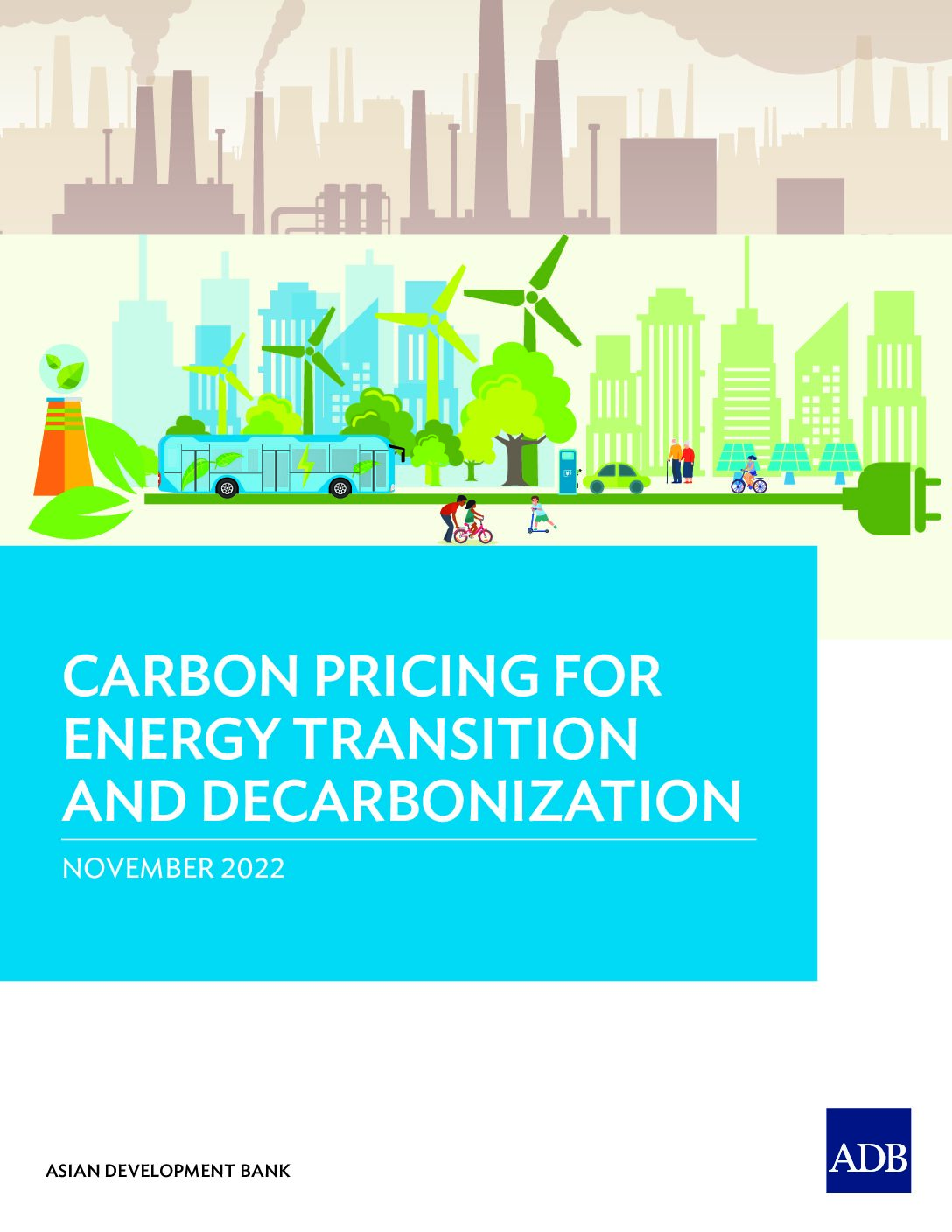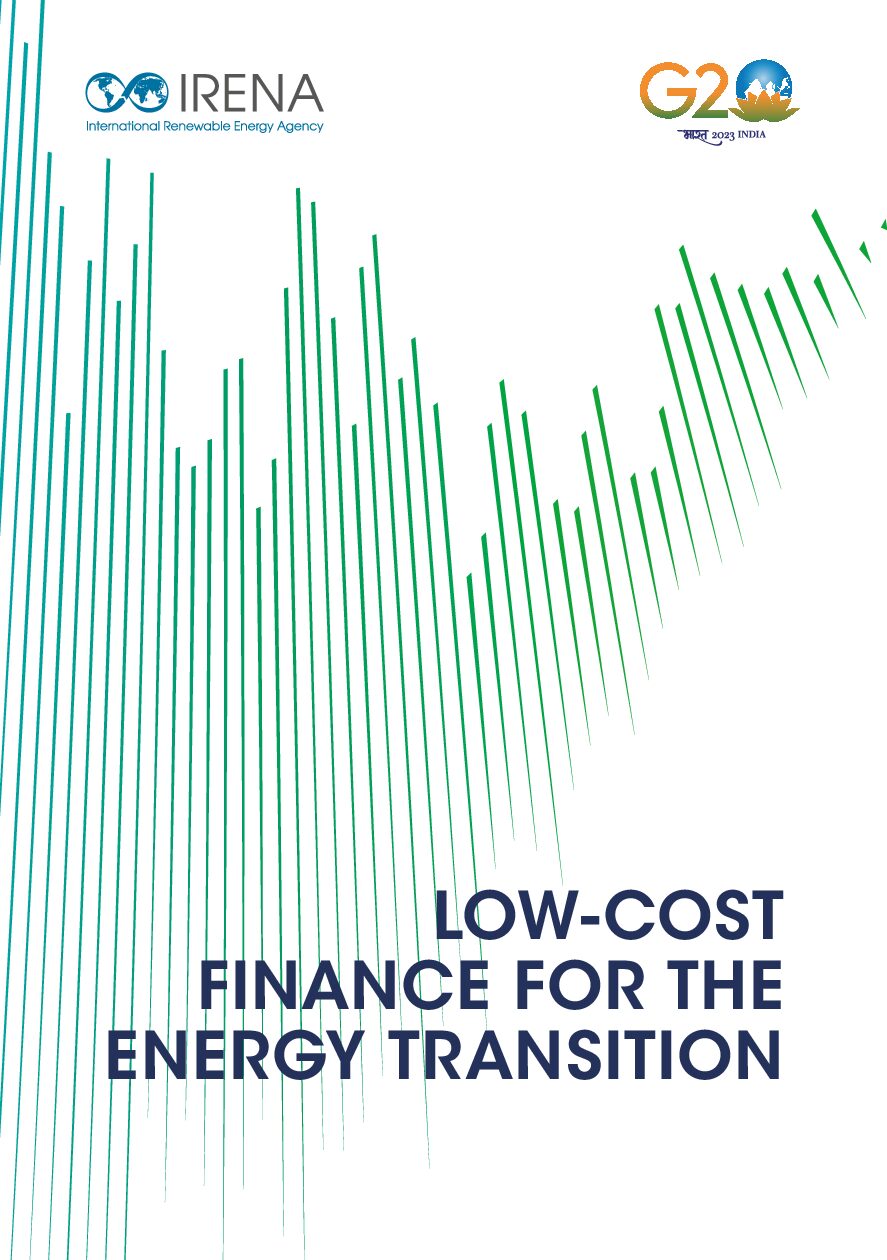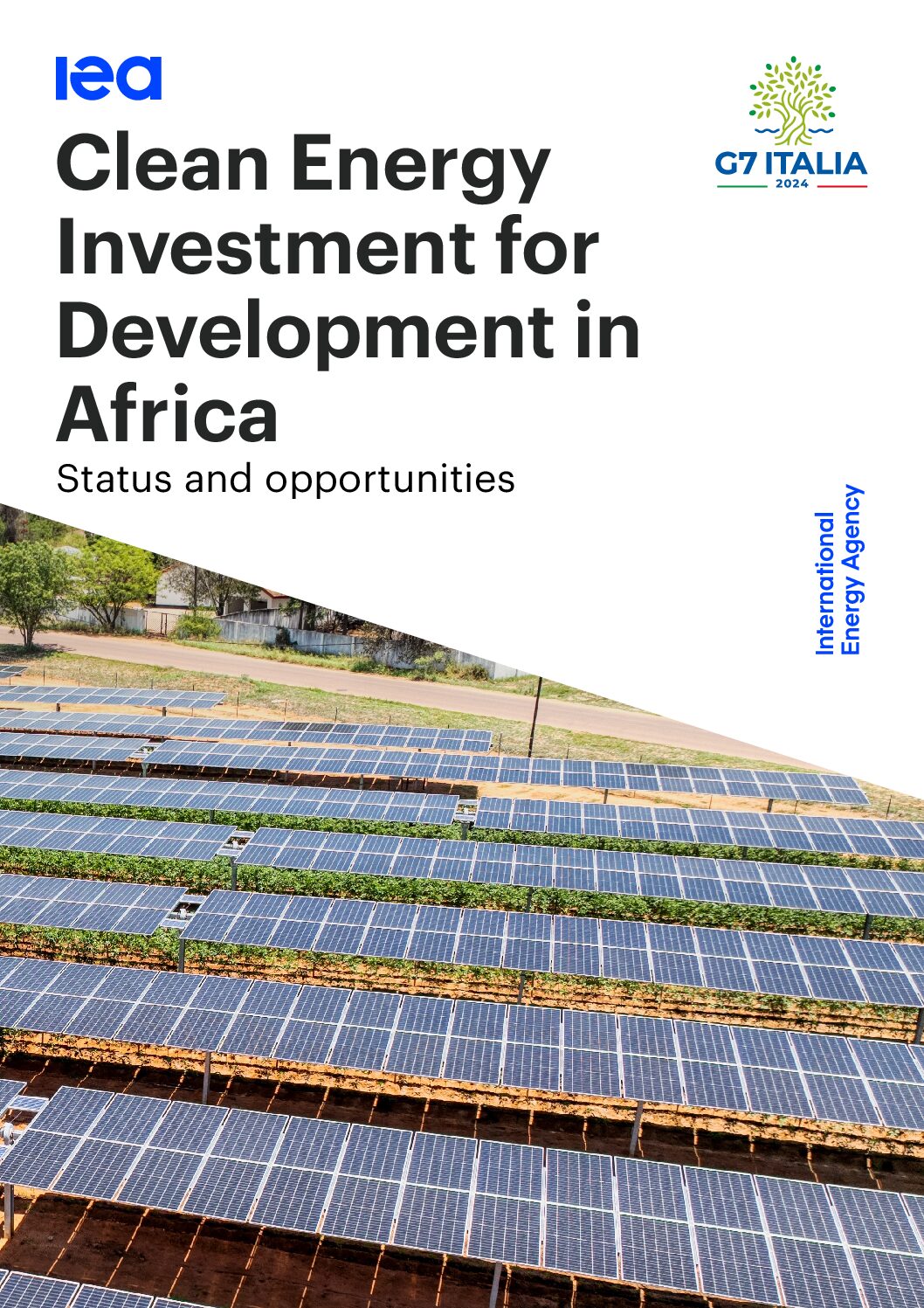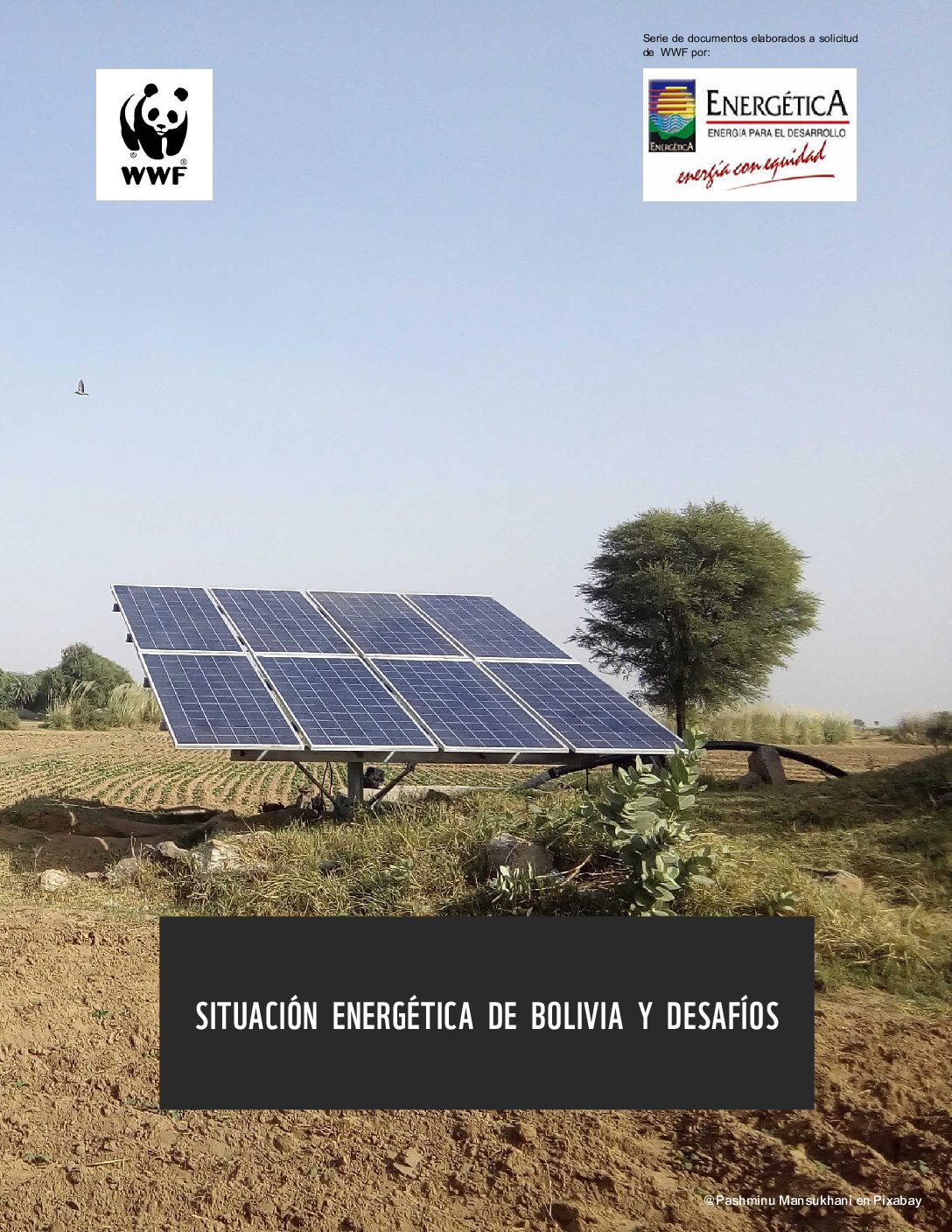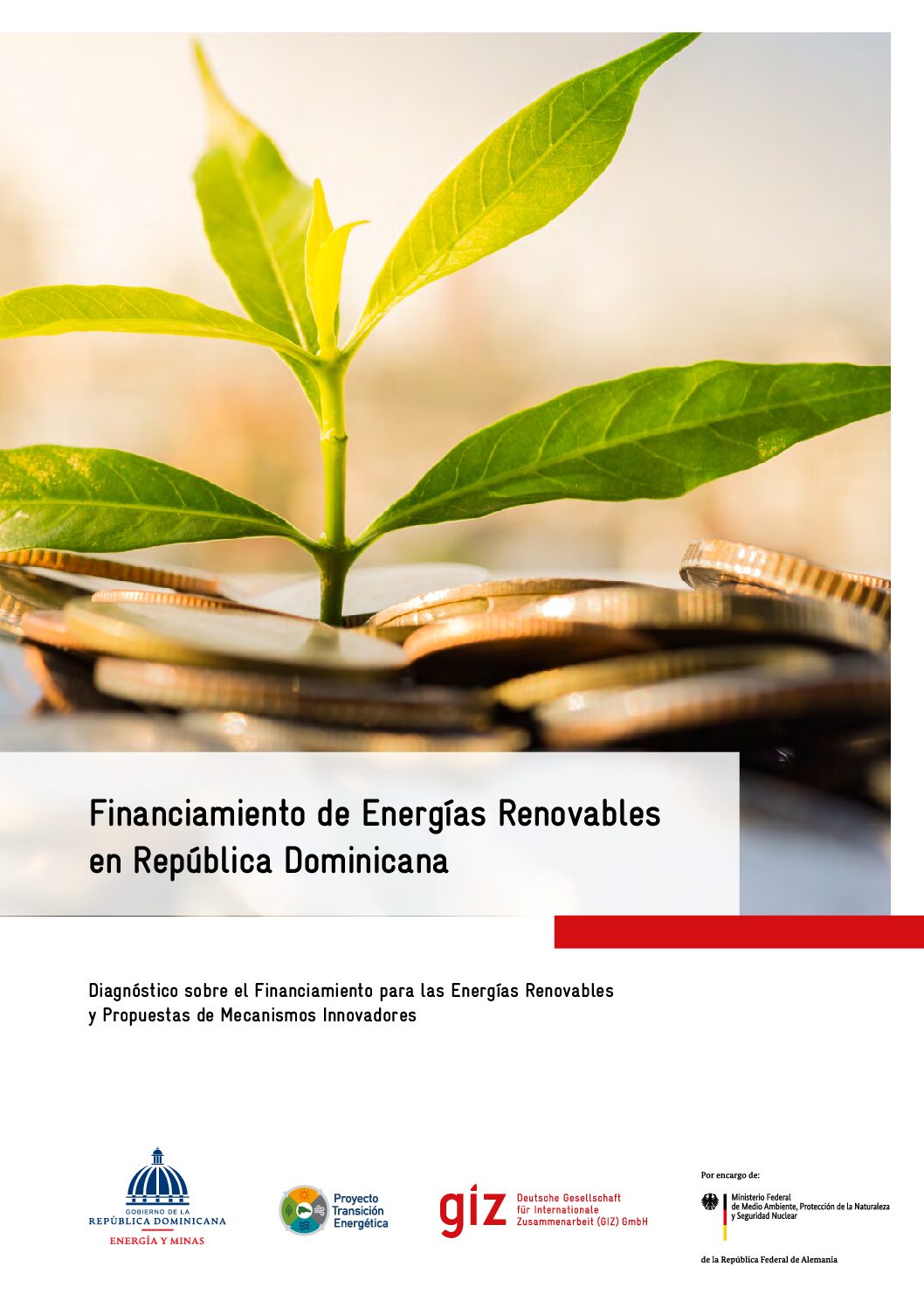This paper underscores the need for sustainable utilities to deliver the energy transition in lower- and middle-income countries, and provides recommendations to governments and other stakeholders.
This study offers insights on how well-designed carbon pricing instruments can play a role in accelerating efforts toward energy transition and decarbonization.
This chapter provides an overview of energy tax and subsidy patterns in the 71 countries covered in the report and estimates the net effect of energy taxes and subsidies on public finances.
This report to the G20 discusses the current landscape of financing costs for solar and wind power, presents opportunities for risk reduction and provides recommendations.
This report aims to inform the G7’s new Energy for Growth in Africa initiative by providing an overview of the energy-related investments needed to achieve all African energy and climate-related goals
This report identifies the main risks and barriers limiting investment in the energy transition, supplying a toolkit for policy makers, public and private investors, and public finance institutions to scale up their investments in renewable energy.
This report identifies and analyses key risks and barriers to private-sector investment in interconnected mini-grids in Nigeria, and evaluates policy and financial instruments designed to address them.
This report aims to support state-level leadership and action in pursuit of the just energy transition in Mexico, by providing a rationale for state-level action, an overview of international good practices, an analysis of challenges and opportunities, and a toolkit of energy transition measures that states can consider adopting.
This report assesses the current status of the Bolivian energy sector, including a policy, legal and technical overview, and highlights specific challenges the sector faces.
This report provides an overview of renewable energy financing in the Dominican Republic and proposes innovative mechanisms.


